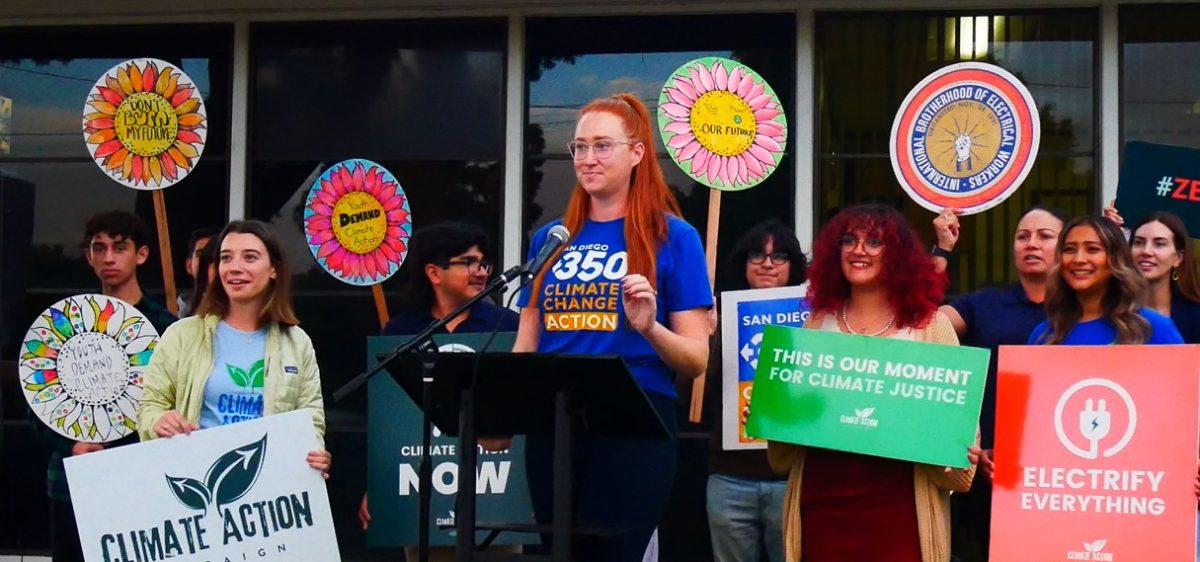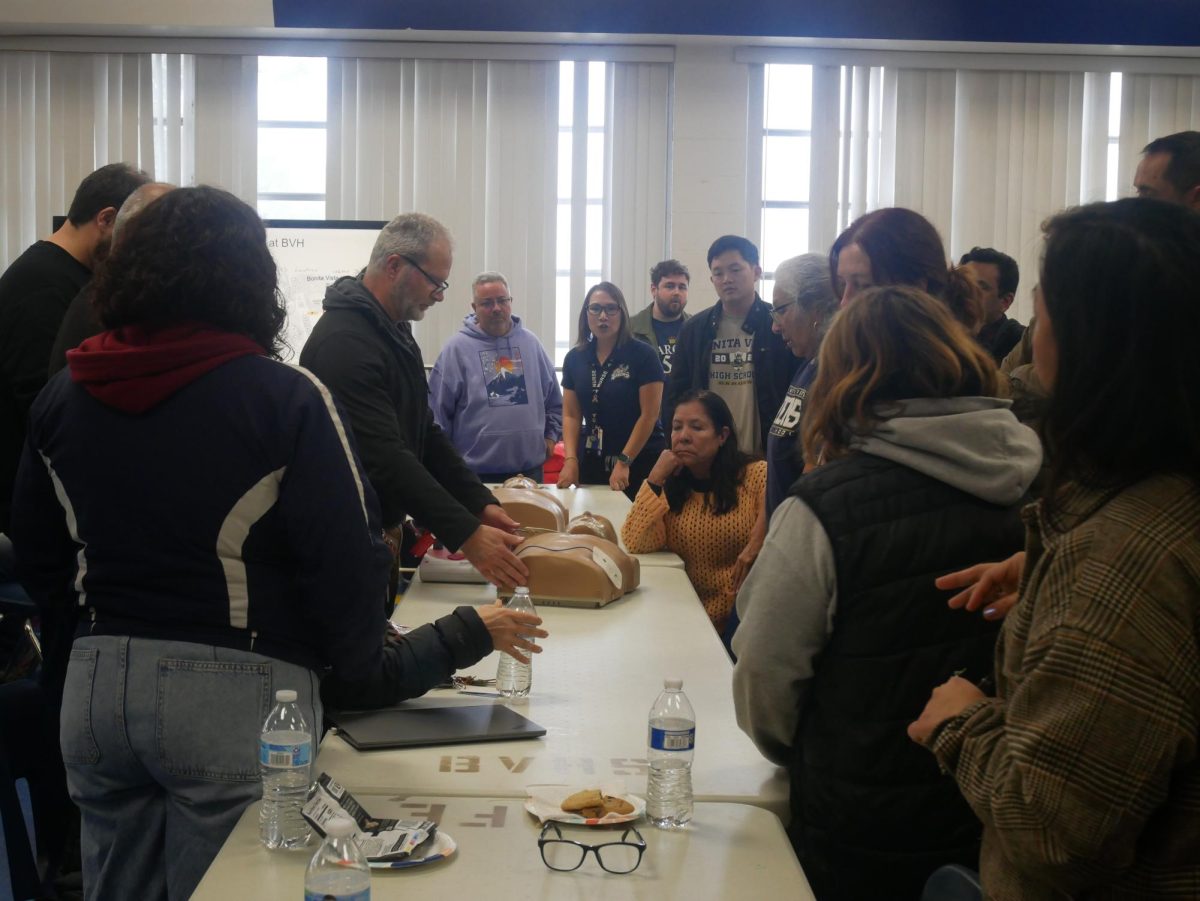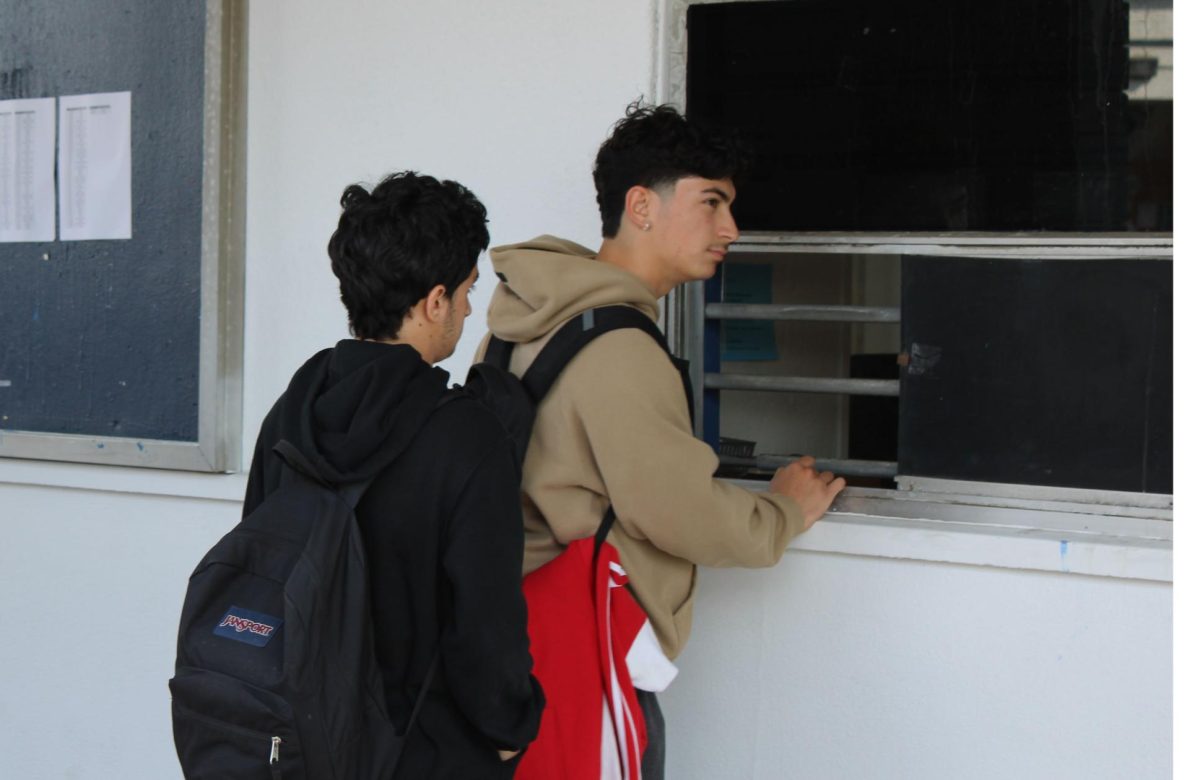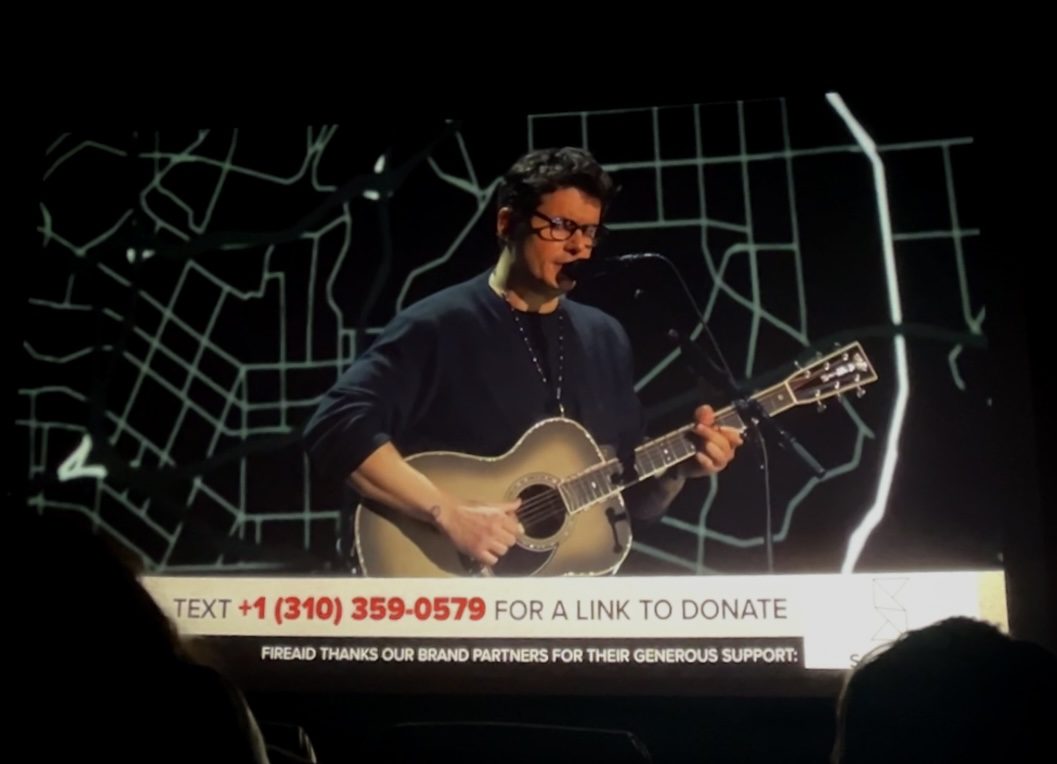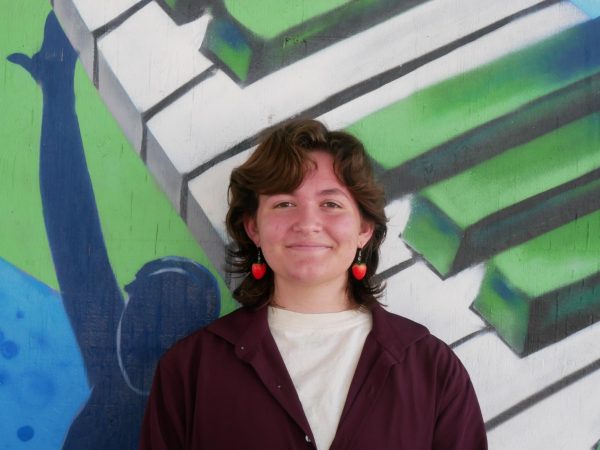On Nov. 13, Sweetwater Union High School District (SUHSD) held a board meeting at their office to discuss topics regarding the community. Numerous advocates who are passionate about expressing their concerns on climate change, voice the “Electrification Resolution”, which allows school districts to electrify the schools which results in less amount of fossil fuels being used. San Diego 350 coordinator Lexi Rueff shares information about what the Electrification Resolution includes in regards to tasks included in the resolution.
“The Electrification Resolution will allow the board to move forward on removing the use of fossil fuels in the district and move towards more renewable energies. We are going to be electrifying buses and school buildings and will create cleaner air for students and the community to breathe,” Rueff said.
To allow the resolution to move forward with its plans, San Diego 350, a non-profit organization which aims to prevent a rise in climate injustices, takes part in education and public advocacy. With this in mind, San Diego 350 teamed up with students from a variety of schools within the SUHSD. Rueff further highlights a challenge they faced but the resolution continues to grow in success.
“The board has been very willing to work with us on this resolution and it has been great to work with [the community], especially the students since this is a student-led resolution. But, some challenges have just been about trying to figure out the timeline and how fast we are going to be able to start it out. It is moving forward though so we [San Diego 350 and the SUHSD community] are very excited,” Rueff said.
Meanwhile, with the increase of awareness for the Electrification Resolution emerging, SUHSD students like president of Youth 4 a Sustainable Future (Y4SF) and Bonita Vista High (BVH) senior Marvin Canton, are moving forward with this resolution with unwavering determination. Their passion for environmental sustainability has ignited collective effort to raise awareness and advocate for a meaningful change. Canton continues to state the meaning behind their goal and its importance.
“I believe that it builds community within your own schools since we are all advocating for something that we all believe in. It also makes it better, more safe, affects less of the environment and makes us more aware of our effects on the environment,” Canton said.
Like Canton, Hilltop High junior Abigail Costello, aspires to take action and spread awareness to other peers in the community, symbolizing the power of youth-driven movements. Shaping a more sustainable future for the entire district with every step they take moving forward.
“It is important for schools to go fossil-free because they already have seen how fossil fuels have really bad health effects and academic effects on students. The board has a responsibility to protect the students in that aspect,” Costello said. “I think there is a lot to be done to decrease climate change, but this is definitely a big step towards, especially in terms of protecting people’s health.”
While the Electrification Resolution is progressing, students express a sentiment that SUHSD should have initiated the plan sooner. Despite this, they view it as a valuable lesson to learn from, recognizing that navigating complex issues requires time and collaboration. The student’s constructive responses have reflected on their commitment to addressing environmental issues and a keen understanding of the urgency.
“I believe [SUHSD] should have already started on this plan sooner. New buildings that we have right now should already be electrified, but it is a learning curve,” Canton said. “Although, it is a big step forward to decreasing climate change because we are reducing the amount of fossil fuels that are at schools in the [SUHSD] and we are really combatting the amount of CO2 levels in San Diego.”
Emphasizing the importance of tackling climate change at a smaller scale, there is hope that many will draw inspiration from California’s proactive approach to set a compelling example, recognizing that local initiatives can serve as catalysts, sparking awareness and action that spread outwards. Rueff adds more on the overall mission for combating climate change in California and moving on to other states.
“This is a big step forward to decreasing climate change because I think it is amazing that we can do this on a local level and have such an impact not only here for our community but will have a ripple effect across the world. California really does set the example for climate change so we are hoping that this will continue on to other school districts across not only California but the country,” Rueff said.

